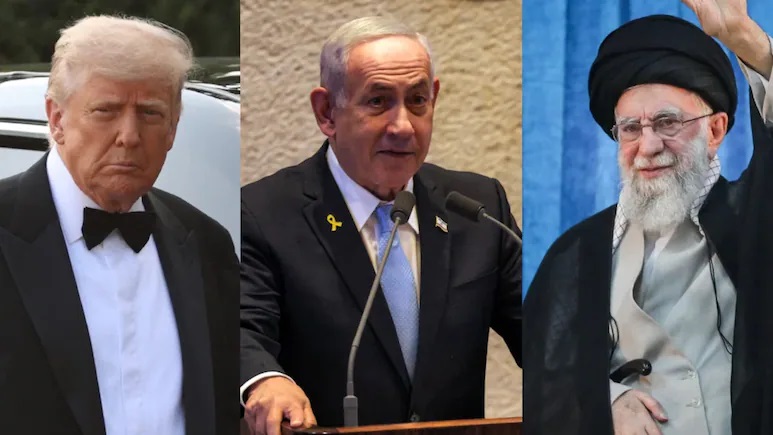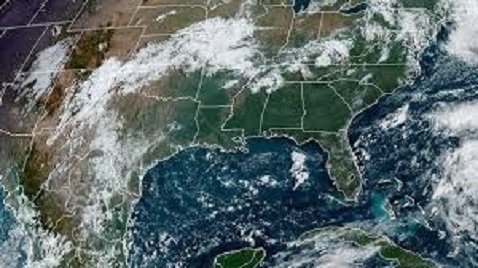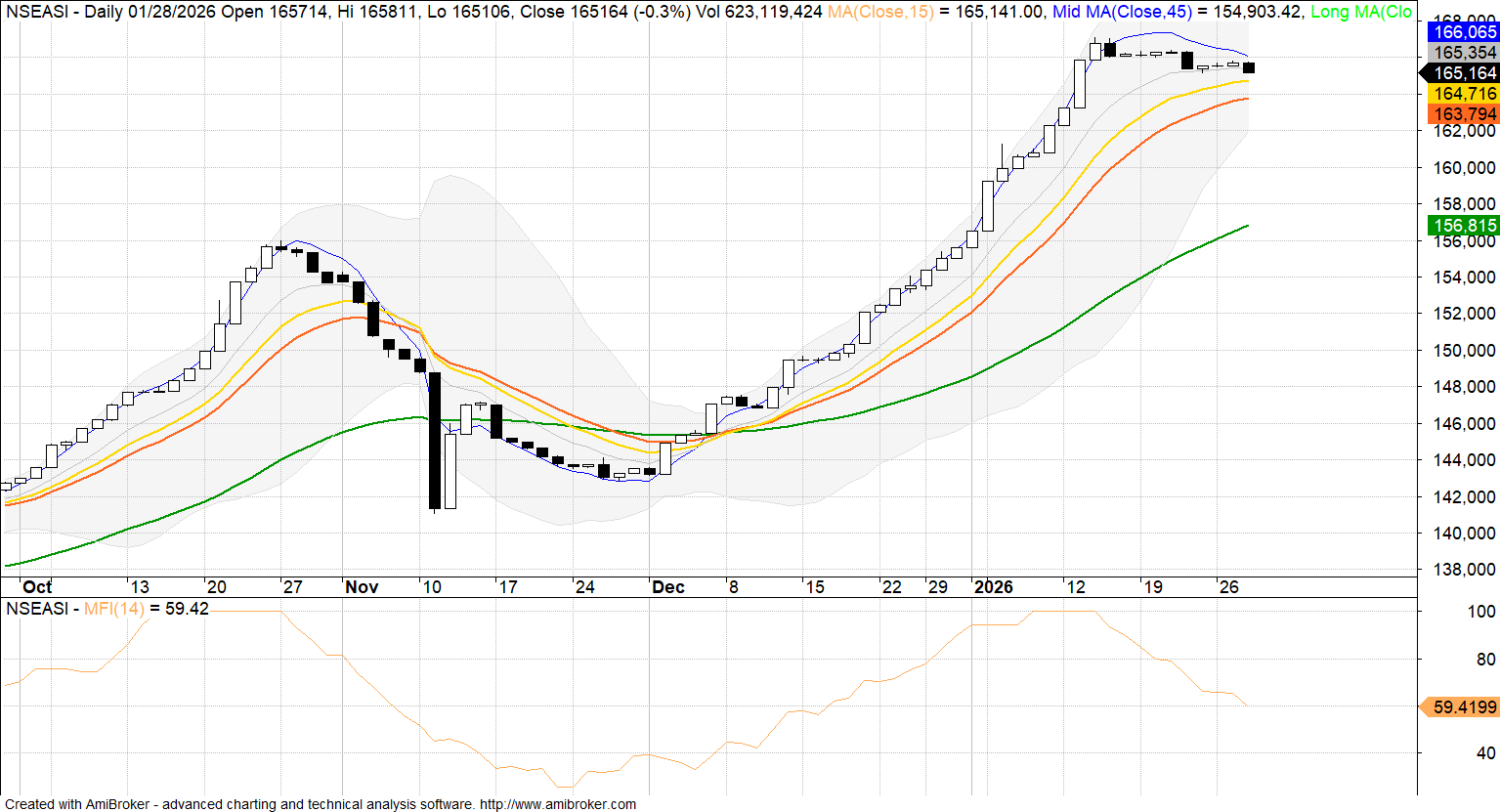
Akintunde Oyedokun
Research Analyst
Oil prices plunged 6% on Tuesday, hitting a two-week low, as a ceasefire between Israel and Iran reduced fears of Middle East supply disruptions. Brent dropped to $67.14 and WTI to $64.37.
Prices were further weighed down by rising production in Kazakhstan and Guyana, Trump’s approval for Chinese purchases of Iranian oil, and weak U.S. consumer confidence. Market focus now shifts to U.S. oil inventory data, with expectations of a fifth consecutive weekly stockpile draw.
Canada’s Inflation Flat At 1.7% In May Amid Falling Gas Prices, Rate Cut Speculation Grows
Canada’s annual inflation rate stayed at 1.7% in May, as a sharp drop in gas prices helped keep overall price growth in check. Shelter costs, including rent and mortgage rates, also eased. Monthly inflation rose to 0.6% due to seasonal increases in travel and energy expenses.
Core inflation fell to 3%, staying within the Bank of Canada’s target range. With key GDP data ahead, the stable inflation may support a possible rate cut at the BoC’s July 30 meeting. Markets see a 68% chance of no rate change. The Canadian dollar dipped slightly following the data.
U.S. Consumer Confidence Falls Sharply In June Amid Job Worries, Tariff Concerns
U.S. consumer confidence dropped unexpectedly in June as concerns over job availability and economic uncertainty grew, largely due to the Trump administration’s tariffs. The Conference Board’s index fell 5.4 points to 93.0, below economists’ expectations. Confidence declined across age, income, and political groups, with Republicans seeing the sharpest drop. Fewer consumers viewed jobs as plentiful, and expectations for income growth also fell. Rising price worries and geopolitical tensions further dampened sentiment, signaling potential weakness in consumer spending ahead.
Morocco Holds Rate At 2.25%, Projects Steady Growth, Low Inflation
Morocco’s central bank kept its key rate at 2.25%, citing alignment with inflation trends. Inflation is forecast to average 1% in 2025, rising to 1.8% in 2026, though uncertainty remains due to trade policies and global conflicts. Growth is expected to hit 4.6% in 2025 and 4.4% in 2026, with limited impact from new U.S. tariffs. The current account deficit is seen steady at 2% of GDP, while foreign reserves will cover 5.5 months of imports. The fiscal deficit is projected to narrow to 3.4% by 2026.
Nigeria, Brazil Sign $1bn Deal To Boost Agriculture, Energy, Defence
Nigeria and Brazil have signed a $1 billion partnership to enhance agriculture, food security, energy, and defence, according to Vice President Kashim Shettima. The agreement will provide mechanised farming equipment, training, and service centres nationwide, aiming to shift Nigeria from subsistence farming to large-scale agriculture. Signed in Abuja during a visit by Brazil’s Vice President Geraldo Alckmin, the deal supports Nigeria’s broader reform agenda and $1 trillion economy goal by 2030.












